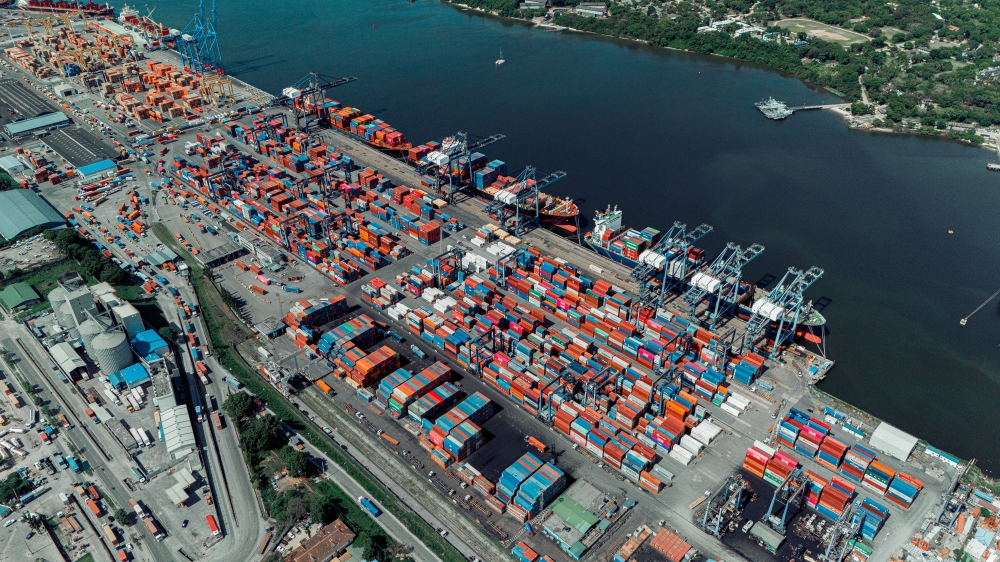NAIROBI – Back-to-back explosions killed at least 10 people in a packed Nairobi market on Friday, extending a spate of attacks that have piled pressure on the government and spurred Britain and other Western nations to warn citizens about travelling to Kenya.


NAIROBI – Back-to-back explosions killed at least 10 people in a packed Nairobi market on Friday, extending a spate of attacks that have piled pressure on the government and spurred Britain and other Western nations to warn citizens about travelling to Kenya.
Close to 70 people were wounded in the two blasts, Kenya’s National Disaster Operations Centre (NDOC) said, and the Kenya Red Cross appealed for blood donations to help the injured.
One explosion struck a minibus taxi, shattering the windows and flattening its tyres. It was near a market best known for selling second-hand clothes from wooden stalls with corrugated iron roofs. The second blast occurred near the same market.
Outside the blood-spattered minibus, clothes littered a street that had been bustling with shoppers earlier in the day.
"I saw the explosion. People were running in all directions,” a woman at the scene told journalists. "I know some of the people who died.”
Nairobi County Police Commander Benson Kibui told journalists that one suspect was arrested near the market and another was detained elsewhere, without giving details. There was no immediate claim of responsibility.
In the past such attacks have been widely blamed on the Somali Islamist militant group al Shabaab, which wants Kenyan troops out of Somalia. In September, gunmen from the group killed 67 people in a raid on a Nairobi shopping mall.
Kenya, an important Western regional ally, has suffered a string of bomb and gun attacks since its troops entered Somalia to battle al-Shabaab, which had carried out cross-border raids and kidnappings in Kenya.
Many of the attacks have been along Kenya’s Indian Ocean coast, including the port of Mombasa, a tourist favourite. Some others have been in Nairobi, mainly near the Somali-populated Eastleigh district. Friday’s blasts were close to Eastleigh.
Tourism in the East African nation had already been damaged by kidnappings by Somali pirates in the north near the Somali border, though that threat has subsided over the past 18 months.
Kenyan authorities had hoped for a respite to rebuild the struggling industry.
One immediate commercial victim of Friday’s bombings was a regional telecoms conference, East African Com, due to be held in Nairobi next week. Organisers said security worries forced it to cancel the meeting, which attracts top industry executives.




